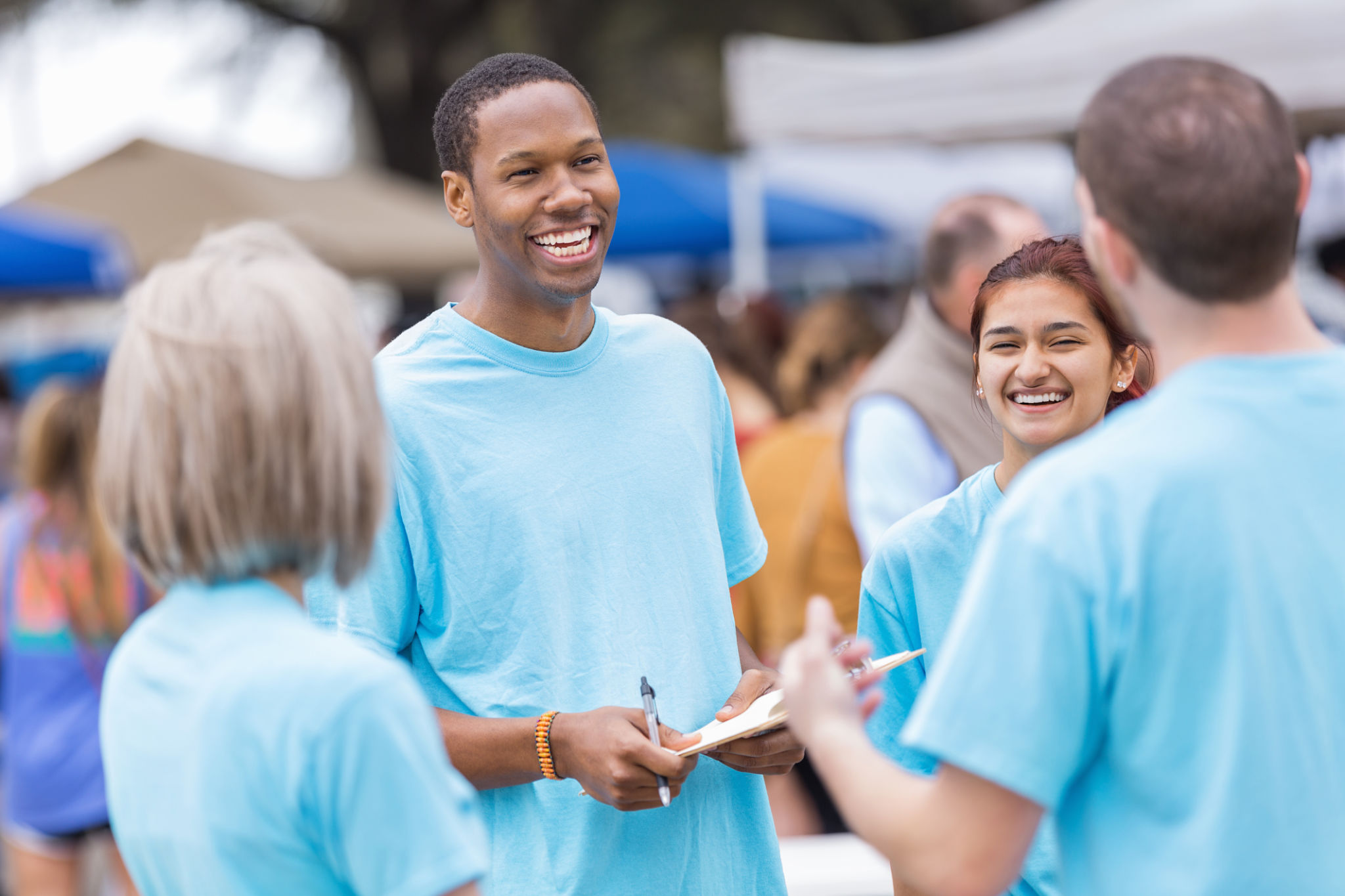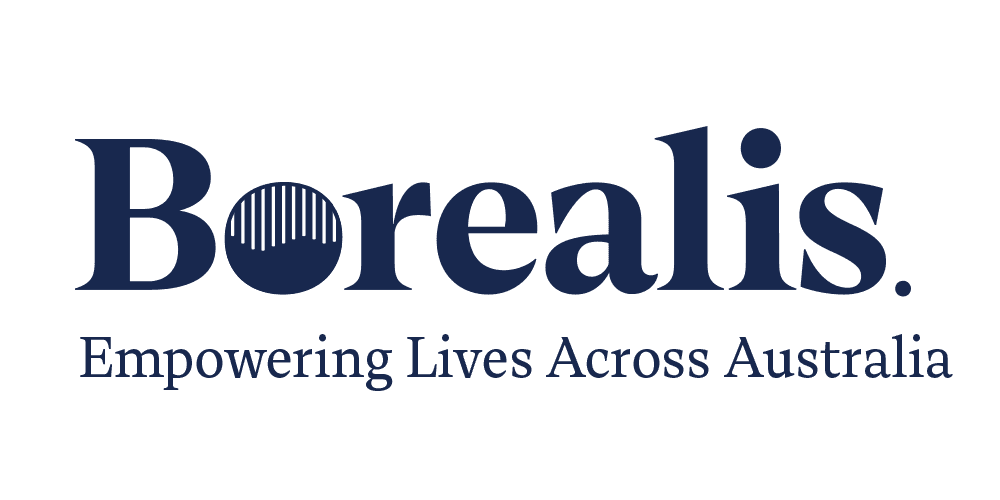Local Community Events: Engaging with NDIS Support in Sydney
AH
Understanding NDIS Support in Sydney
The National Disability Insurance Scheme (NDIS) has become a cornerstone of support for people with disabilities across Australia. In Sydney, this program not only provides essential services but also fosters community engagement through various local events. Understanding how to leverage these opportunities can significantly enhance the quality of life for individuals with disabilities.
NDIS support is designed to offer tailored assistance, ensuring that participants have access to the resources they need to lead fulfilling lives. In Sydney, a range of community events are organized to help individuals connect, learn, and grow. These events are pivotal in promoting inclusivity and empowerment.

Types of Community Events
Sydney hosts a variety of community events that cater to the needs and interests of NDIS participants. These events range from informational workshops to recreational activities, providing a platform for learning and socialization. They play a crucial role in building a supportive network for individuals with disabilities and their families.
Some popular types of community events include:
- Workshops and Seminars: These events often focus on educational topics, such as navigating the NDIS system, skill development, and personal empowerment.
- Social Gatherings: Casual meet-ups and group activities provide opportunities for participants to connect and share experiences in a relaxed environment.
- Recreational Activities: From sports to arts and crafts, these events encourage participation and foster a sense of community.

The Benefits of Participating in Local Events
Engaging in local community events offers numerous benefits for NDIS participants in Sydney. Beyond the immediate enjoyment, these events provide a platform for personal and social growth. By participating, individuals can enhance their communication skills, build friendships, and gain confidence in their abilities.
Additionally, attending these events helps participants stay informed about the latest developments within the NDIS framework. This knowledge is invaluable for making informed decisions about their support plans and maximizing the benefits they receive.

How to Find Local NDIS-Related Events
Finding NDIS-related events in Sydney is easier than ever, thanks to various online resources and community networks. Participants can stay updated by visiting local council websites, joining community forums, or subscribing to newsletters from disability support organizations. These platforms regularly update their event calendars with relevant information.
Moreover, social media channels and online groups dedicated to NDIS support can be excellent sources for discovering upcoming events. Engaging with these communities not only helps in finding events but also provides a space for sharing experiences and advice.
Getting Involved: Tips for First-Time Attendees
If you are new to attending NDIS-related events, it may seem daunting at first. Here are some tips to help you get started:
- Research the event beforehand to understand its purpose and what to expect.
- Consider reaching out to the organizers if you have specific questions or require accommodations.
- Bring a friend or family member for support if you're feeling apprehensive.
- Be open to meeting new people and sharing your experiences.
By taking these steps, you can make the most out of the community events and build lasting connections within the NDIS network.
The Role of Volunteers and Organizers
Behind every successful community event are dedicated volunteers and organizers who work tirelessly to create inclusive environments for NDIS participants. These individuals play a vital role in ensuring that events run smoothly and meet the diverse needs of attendees.
If you are interested in contributing to the NDIS community, consider volunteering at local events. Not only is it an opportunity to give back, but it also allows you to gain valuable insights into the challenges faced by people with disabilities and how best to support them.
